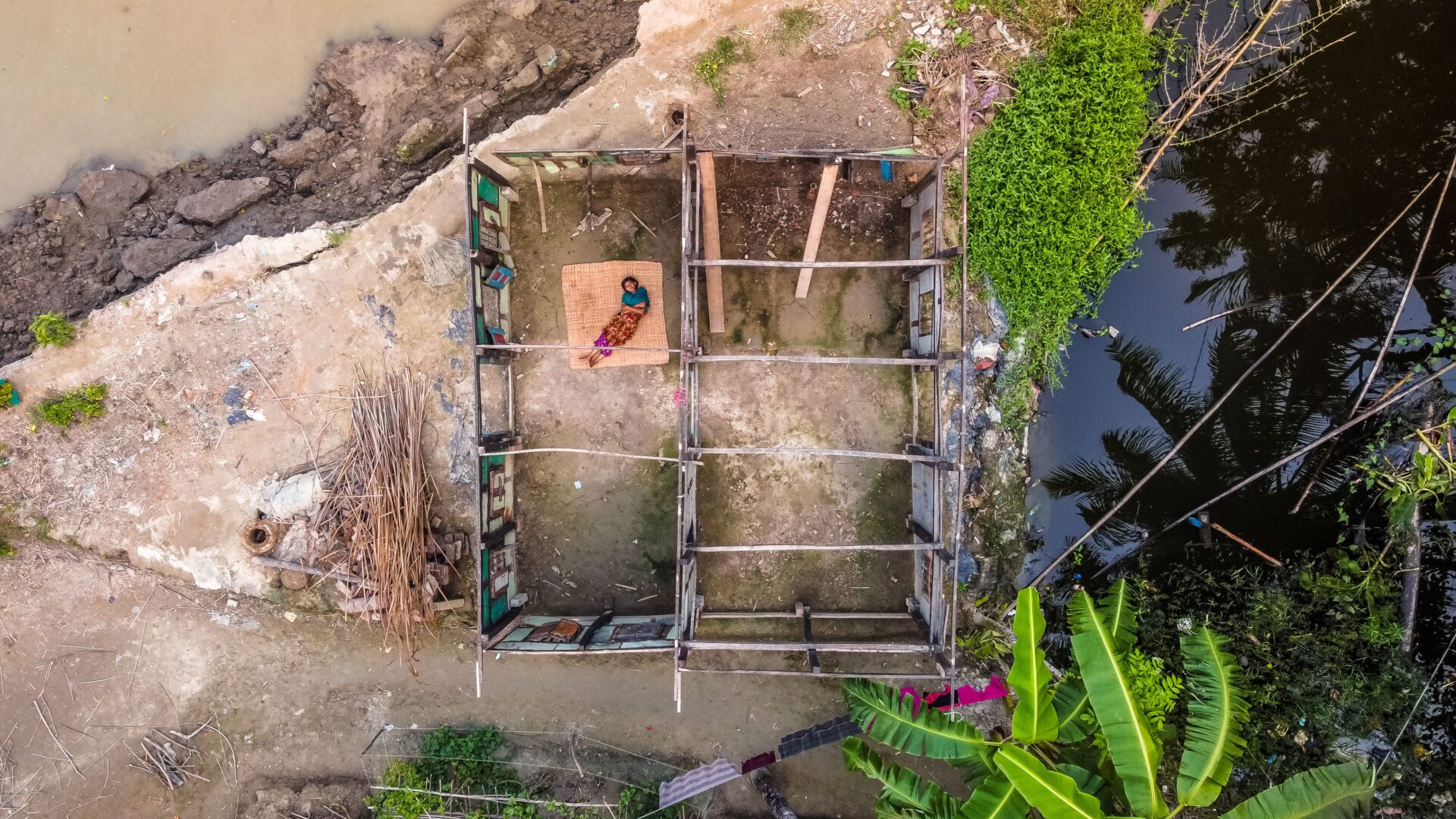
Understanding Successful Locally Led Humanitarian Responses
“Localization is when [local NGOs] implement interventions and access funding at the same pace as [international NGOs]. It is when government services and community members play an important role in the implementation of the humanitarian response. And that national organizations have access to the necessary resources and that all these layers are involved from conception to execution.”
– Local NGO staff, Democratic Republic of Congo, August 2023
Despite stated commitments to localizing the humanitarian response, questions remain: what does successful “local leadership” look like, and how do we overcome the barriers to successful local leadership? InterAction’s Local Leadership in Humanitarian Response Initiative, generously supported by the U.S. Agency for International Development’s Bureau for Humanitarian Assistance, looked to answer these questions.
Analyzing how local leadership is experienced in different country contexts, the initiative sought to fill a gap in understanding the barriers to and opportunities for local leadership, coordination, decision-making, capacity strengthening, and partnerships, taking the shelter and settlements sector as its focus. The collaborative research aimed to build an understanding of what a successful locally led humanitarian response looks like, how local actors perceive them, and what actions are needed by various actors to achieve success.
The Initiative
Beginning in 2022, the initiative undertook various phases:
- A global literature review.
- In-depth interviews with global shelter practitioners.
- Focus group discussions at regional shelter forums in Africa, Asia, Latin America and the Caribbean, and the Middle East and North Africa.
- In-depth country case studies from Colombia, Jordan, Bangladesh, and the Democratic Republic of Congo that included regional literature reviews and key informant interviews.
- A prioritization exercise in South Sudan.
A few specific examples from the in-depth country case studies highlight different understandings of local leadership. The attached reports, which expand upon the feedback listed below, aim to maintain the language and tone of the discussions, emphasizing the need to contextualize our understanding of local leadership:
- The Colombia study underlines existing capacities of the state and civil society as first responders and the need to strengthen capacities of municipalities and local authorities so that they can operationalize existing policies for an efficient and resilient shelter response.
- The Jordan study highlights the need for government policies and guidelines to govern the work of international NGOs and U.N. agencies to promote and ensure collaboration with local counterparts.
- The Bangladesh study recommends that local communities be heard, included, and empowered as part of a successful locally led response.
- The Democratic Republic of Congo study recommends that actors remove competition and emphasize collaboration to enhance localized responses.
Recommendations and Case Studies
While local leadership remains contextual and recommendations across regions are diverse, overall recommendations from the initiative are synthesized into three major categories:
- Redefining guiding principles and values to enhance local leadership.
- Lessons for systems-level changes in the shelter and settlements sector.
- Operational processes that are practical and center local voices and actors.
InterAction hopes these recommendations will provide a path for actors in humanitarian response to empower successful locally led responses in the future. The reports are listed below:
- Local Voices, Local Choices: What is Preventing a Genuine Shift to Local Leadership in Humanitarian Response?
- Case Study: Bangladesh
- Case Study: Colombia
- Case Study: Democratic Republic of Congo
- Case Study: Jordan
- Recommendations One-Pager
—
For questions regarding the Local Leadership in Humanitarian Response Initiative, or InterAction’s broader Shelter and Settlements programming, please reach out to Juli King.








